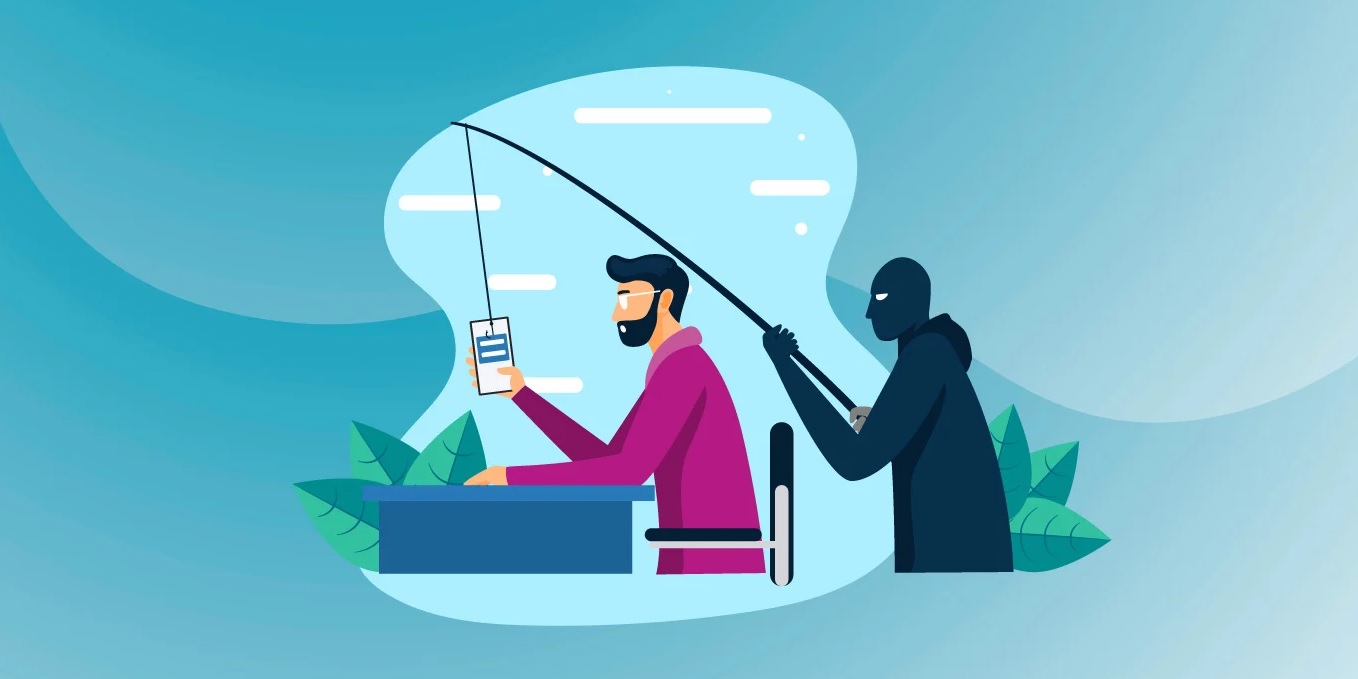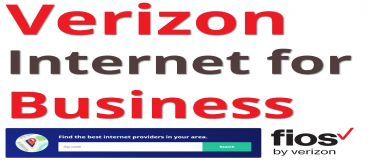The Best Ways to Protect your Business Email

For anyone, email protection is important, but for business owners, it should be a top priority. Hackers hack personal email accounts with criminal intent, but they put more effort into hacking business email accounts. From their view, there's plenty to steal with access to a company email address.
You must take email protection seriously if you own a small company.
There is one step, opting for a controlled email hosting service, that will address a large portion of your email security needs. We'll go into how a safe hosting plan sets up a firewall between your business email and hackers after a brief discussion of the risks involved in an email breach. We'll then cover four best practices for email protection to keep your business data secure and sound.
Why is email protection important?
Critical business information may be put at risk by a compromised email system.
One unpleasant scenario is that hackers acquire information about credit cards or consumer information that would allow identity theft. As a business owner, it's your duty to keep consumer data secure. Criminals often try to use email systems to gain access to web hosting accounts for a business. Domain theft is just one of many reasons a hacker could have to compromise your email address for your company.
The target of a hacker could be to take over one of the email accounts of your organization and use it to blast out messages containing a phishing scam. To whom will those emails go? All the individuals in the contact list of the compromised account i.e. your customers and partners!
If your email account or the email account of your bookkeeper is hacked, will the criminal have access to the financial systems of your company? One email containing top-secret login credentials is all it takes. A breach of data like that might sink the company.
Hackers use email as a means of infecting computers with malware; a malicious program can be secretly installed with just one click on the wrong page. It may be a key-logging program that allows the attacker to capture customer information and see passwords you entered in login forms, ransomware refusing access to the system before you pay, or a virus designed to corrupt information.
Malware is like a vampire; without permission, it can't come in. It takes a user's intervention to infect machines, the action of an unsuspecting user of an email who clicks the wrong connection or attachment.
To stop nightmare situations, there are steps you can take. One includes choosing a safe hosting plan for emails.
Using safe email hosting for your company
An organization wants to have control over the email service, and with a free, generic account you can't get that. Given the relatively low cost of email hosting and the fact that when it comes to business email protection, there is so much at stake, opting for commercial email hosting is a must.
Without a point about personalized business domains, no commercial email service recommendation for free service would be complete. Can't be "@gmail.com," "@yahoo.com," "@aol.com," or something like that, the domain component of the company email addresses. This isn't professional. You will have email addresses like yourname@company.com and customerservice@companyname.com with commercial email services that legitimize your business in the eyes of customers and partners.
Company email best practices
For solopreneurs, business email protection is simpler. The owner of the company has a special duty to keep the business email secure. Adding a single employee and their email address increases the chances of a security breach, especially because the second user might not be aware of best practices in email security.
This section addresses best practices for business email protection that you can adopt, and all of these recommendations call for the definition of strict policy guidelines if you have employees. You will need to remind workers periodically of the safety guidelines and continuously emphasize how important email protection is to the organization.
Back to email security. An enticing goal for hackers is the vast user base of free email services because using a free service is potentially less secure than if you paid for email hosting. For instance, if it gets suspended due to the misdeeds of a hacker who has obtained access, you might also lose access to a free email account.
If your business email service is run on the controlled servers of your hosting company, you will have total control over your account and be able to rely on their experts to help keep your information secure. You will know precisely what security precautions your host is taking and will have the ability to impose additional security as you see fit.
A high-quality hosting plan does much of the heavy lifting when it comes to email security.
From the installation and management of server firewalls, monitoring, and intrusion detection to DDoS attack prevention and response, the best hosting providers go out of their way to implement bulletproof email protection. If a malfunction occurs, system resource redundancy may usually occur, so there is no service interruption.
With the security pros of your provider on the case, there are just a few items you'll have to think about in terms of securing your business email.

Using a password that is unhackable
By extracting a user's password, hackers break into networks, often by secretly downloading key-logging software on your computer. They guess the correct password in some situations, but it only occurs when a hackable password has been set by the account owner.
What makes a hackable password?
It's too short, too easy, or it's based on personal details from the account holder.
A specific, strong password should be an email password, especially when protecting your business email account.
Use a combination of upper and lower-case letters to set your email password, include numbers and special characters, and do not use personal details such as names and birthdates. By making it difficult to generate passwords that do not follow strict requirements, a system-enforced password policy will handle all this for you, or you can simply apply the rules yourself and order workers to do the same.
Don’t mix business with fun
For business and personal correspondence, it is necessary to use separate email accounts.
For most of us, having one personal email address is the best practice for unified control of our communications. From updates, social media alerts, and website registrations to password resets and two-factor authentication codes, we have all sent them there.
It's also wise to have centralized control of your business email, but company email and personal email must be kept separate.
There is an increased risk of getting confidential business information exposed when someone uses their personal email for business correspondence. A hacker can initially target the personal account, and then find an unexpected goldmine, business emails, a chance for more lucrative maleficence. They're going to put on another pot of coffee and get to work trying to hack the operating structures of your company.
Have a procedure in place for jobs. Tell them that their company email addresses can only be used for work-related communications and that they should not use their personal accounts to do business. In your monthly security awareness reminder, make this a bullet point.
Business-focused phishing scams
Phishing attacks, trying to get confidential information such as login credentials and credit card data, are one of the key ways hackers manipulate email. Hackers make their messages look as though they're from a trustworthy source, but they're going to have malicious download links or malware installation attachments on your device.
Most of us have become vulnerable to the kind of phishing scams that come from our personal email. Usually, they're very easy to find. Email scams aimed at corporations appear to be somewhat more advanced.
Hackers sometimes recruit something called spear phishing. It requires a lot of illegal activity, but the outcome is a highly tailored message designed to fool a particular target organization. The hacker's email would be a replica of the message of a trustworthy organization, matching the colors of the logo, font, and brand. They're going to use an email domain that looks like the real thing at first glance but has a misspelling after closer inspection.
These techniques are used by hackers because they work. Often even seasoned users who are on the lookout for such attacks fall for them. It is important to remind the staff that they should review emails carefully and be vigilant about links and attachments. Malicious connections can be difficult to identify, usually with shortened URLs to help their disguise. With a tool like CheckShortURL, all users of your business email can preview links.
You can avoid falling for phishing scams with caution and keep your business email secure.
Also Read : What is Email Phishing Scam and How to Avoid them
Configure two-factor authentication
Given that business email is more vulnerable than personal email, business owners are justified in adopting what would otherwise be a drastic security measure with higher stakes if a security breach occurs. One of the easiest ways to lock down access to those accounts is to allow two-factor authentication (2FA) for business email accounts. The user receives a code, usually via text or email, after entering their password with 2FA in place. They can complete the login process only with that code.
There's a fair chance the provider has spent the last few years convincing you to use 2FA if you have any financial services accounts, say a banking or personal investment account. They agreed for you then, needing 2FA to be used by all accounts.
These businesses secure the money of individuals and rely more heavily on protection than companies in other industries. All business owners should benefit from the large acceptance of 2FA as a key component of account security by the financial services industry.
Secure your business email
Email protection should be a top priority if you own a small company. Any vulnerability can be abused by hackers, so you need to take precautions to defend your organization from its malicious activities.
One of the most significant aspects of business email protection is the use of a controlled email hosting service. With commercial email hosting, you can rely on security experts from the provider to enforce measures such as server firewalls and detection of intrusions.
Best practices such as keeping your personal and business email separate, hardening the protection of your email with strong passwords and two-factor authentication, and keeping an eye on suspicious connections often go a long way to keeping your business email secure. You would be able to secure the data and operating systems that are essential to your company if you and your employees take email protection seriously.
Related Articles:
How to Maintain Security with Remote Employees
Small Business Network Security Checklist: WAN best Practices
Related Posts
Mon, Apr 20, 2020 11:13 PM
Business Internet Guides for Entrepreneurs
Small businesses need to grow, but how big should your business become before you buy it online? Whether you started out as a sideshow or a brick-and-mortar business, successful small businesses are finding it increasingly difficult to decide when to shell out money for an Internet business.
Wed, Apr 22, 2020 11:34 PM
Find Verizon Internet for Business Near You!
Verizon provides Internet for business in more than 40 states in the US, speeds are limited to 15 Mbps, and many businesses will need more juice. If you're in the Northeast, you can enjoy high-speed Internet via Verizon's FiOS. This is ideal for businesses that need high speeds, such as restaurants, hotels, medical facilities, hospitals, schools, and other businesses.
Thu, Apr 23, 2020 12:00 AM
5 Best Small Business Internet Service Providers (2021)
The following Internet Service Providers are not listed in any particular order, but we have ranked these five companies as worthwhile due to some key factors such as speed, reliability, cost, and overall customer satisfaction.
Thu, Apr 23, 2020 11:52 PM
Why Business Internet is More Expensive Than Residential Internet
This question is asked so often today that it seems worth explaining, but here are 5 reasons why business Internet is more expensive than Residential Internet packages.
Fri, Apr 24, 2020 5:17 AM
Comcast Internet For Business: Internet, Phone, TV, and Other Solutions for your Business.
Comcast Business is US largest cable provider for small and medium-sized businesses and has become a force in the market, recognized by leading industry over the past two years as one of the fastest-growing providers of high-speed broadband to business customers




